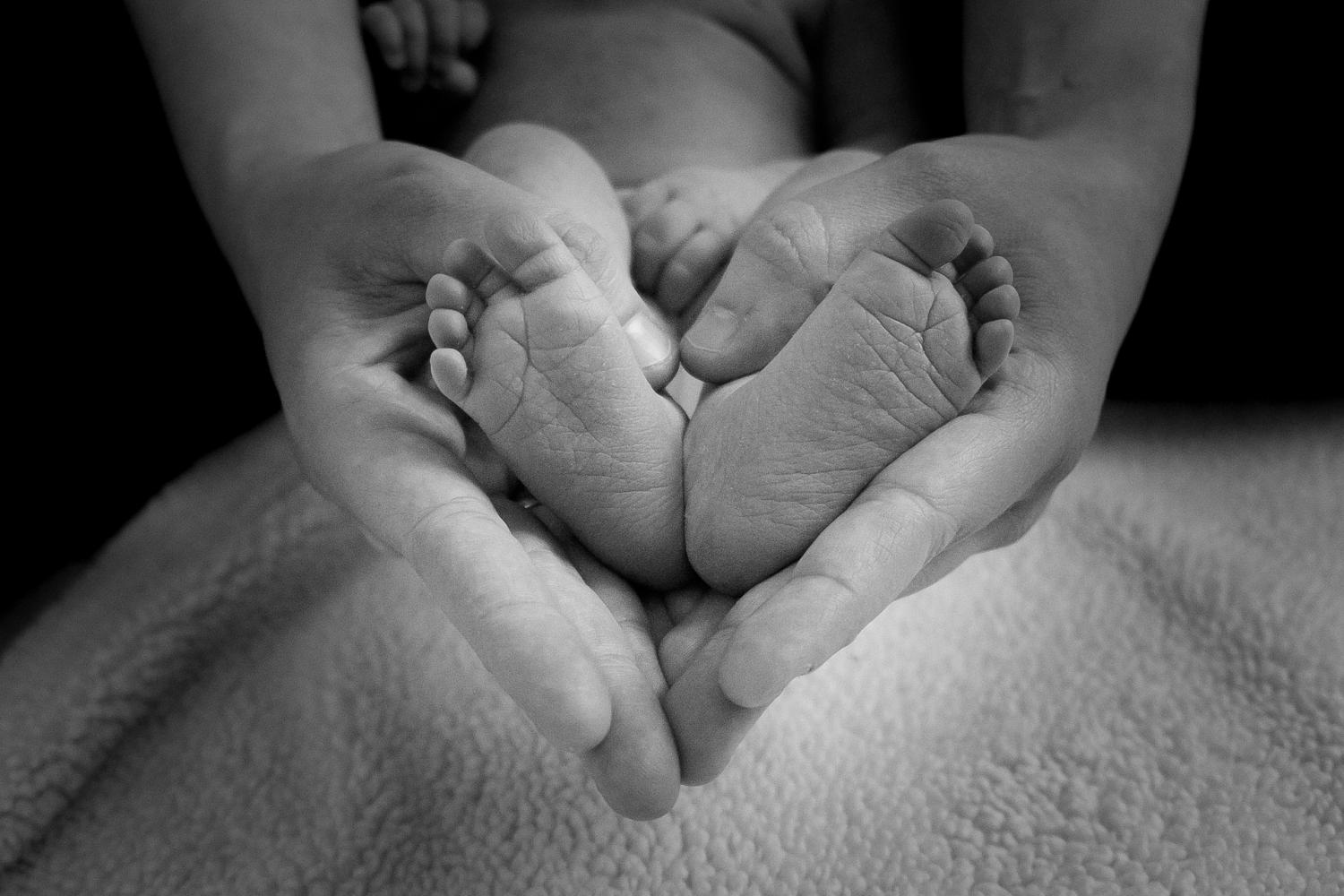
When a new mom has disturbing and uncontrolled thoughts about hurting her baby, help is available
By Gina Wong and Nicole Letourneau
In January, a new mother in California became part of a viral Facebook post that described her baby’s four-month postpartum checkup. As a result of the thoughts she shared with her health care providers, the police were called and she was escorted to the hospital, forcibly admitted to the psychiatric unit and made to feel like a criminal. During the postpartum checkup, she had revealed that while she wouldn’t hurt herself or her baby, she was having violent thoughts and wished to have medication and counselling. This mother had postpartum obsessive compulsive disorder (OCD). She needed support and counselling, not forced hospitalization and unnecessary trauma.
If you think that this can’t happen in Canada, think again. We know of numerous instances just like this, as a psychologist and a nurse specializing in maternal mental health for thirty years between us.
In Canada, we have made tremendous strides in the last decade raising awareness about the serious condition of postpartum depression, which occurs in 10-20 per cent of mothers, and involves sadness and lack of interest in usually pleasurable activities over a one to two week period in the first year postpartum. Stigma around postpartum depression has decreased and mothers can usually find supports and services in their communities as well as resources on line that promote understanding.
What we have not made strides in is understanding and treating postpartum OCD.
Postpartum OCD occurs in 3-5 per cent of new mothers, is an anxiety disorder that involves disturbing uncontrolled thoughts and images of harm coming to the baby. And not just any harm – the mother pictures herself inflicting the harm.
As one Canadian mother describes it:
“I remember the first time it happened. The first time I believed that I could be capable of hurting my baby. I was standing at the top of the stairs. My first thought was about keeping her safe. Then I thought, ‘What if I accidently drop her?’ It was like a switch flipped. I thought, ‘What if I intentionally dropped her down the stairs… What if I threw her down the stairs…’
My heart started racing, my arms started to tingle. I felt like I was going to throw up. I could barely breathe. From that moment, my thoughts spiraled out of control. I could no longer trust myself. I saw everything as a threat or a weapon that could be used to hurt my child, and I was terrified that I would or could be the one inflicting the hurt, which terrified me because it was so senseless and completely against my feelings of love for my daughter.”
Without appropriate treatment, moms with postpartum OCD have racing, unwanted thoughts so unspeakable and so incomprehensible that many may think about killing themselves to keep from hurting their baby.
Mothers with postpartum OCD experience a waking nightmare and desperately need help, yet their silent shame and terror about others finding out prevents them from getting the understanding care they need. They fear others will judge them to be unfit mothers whose babies should be taken away.
They need support, not judgement. The public need to know that postpartum OCD is highly treatable with proper support, medication and counselling. And yet it’s the least understood and most commonly misdiagnosed postpartum mood disorder.
Mothers and their loved ones need to know that if they reach out for help — are brave enough to share their scary thoughts — they will be supported, not persecuted. To make this a reality, health care providers need to be educated.
Health care providers need to know the simple signs to distinguish postpartum OCD from postpartum psychosis (women with postpartum OCD know their thoughts are irrational and unwanted; women with postpartum psychosis lose touch with reality and are unaware they are having illogical thoughts or delusions).
Postpartum Support International is offering a new training program for health care professionals. The program focuses on increasing health care providers’ comfort in screening, evaluating, diagnosing and treating moms with symptoms of mood and anxiety disorders such as those associated with postpartum OCD.
With greater awareness and sensitivity, we hope to hear more stories about women who found a health care provider who understood what she was going through and offered the kind of support the mother needed.
Dr. Gina Wong is a Registered Psychologist and an Associate Professor in the Graduate Centre for Applied Psychology at Athabasca University. She is currently working on a National Strategy on Maternal Mental Health.
Nicole Letourneau is an expert advisor with EvidenceNetwork.ca and a professor in the Faculties of Nursing and Medicine. She also holds the Alberta Children’s Hospital Foundation Chair in Parent-Infant Mental Health at the University of Calgary.










